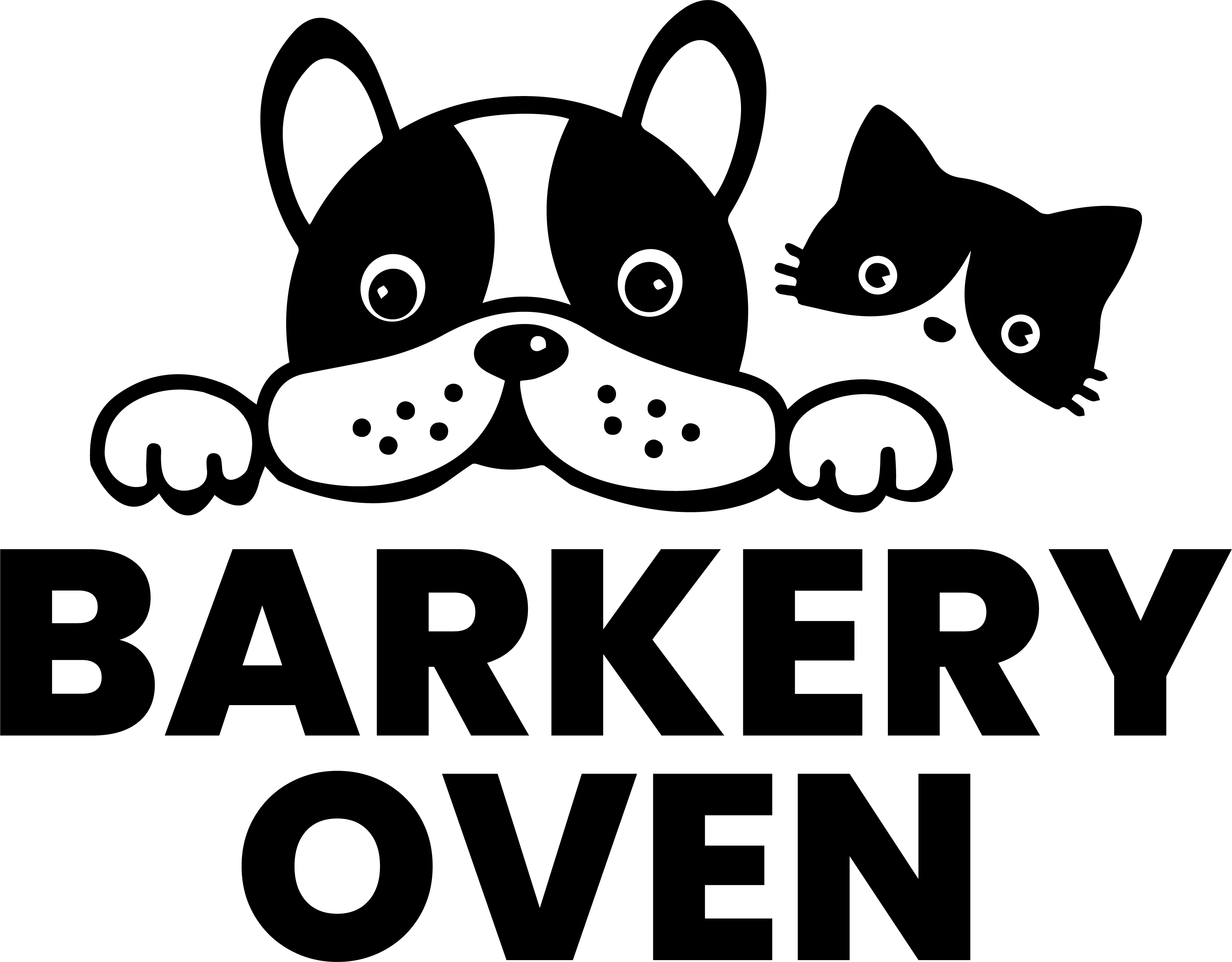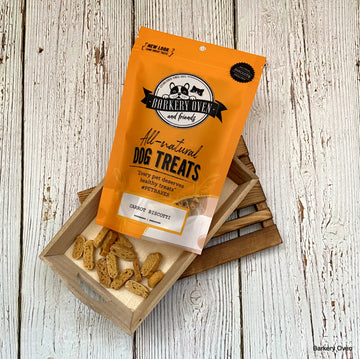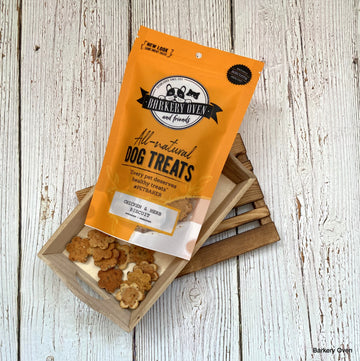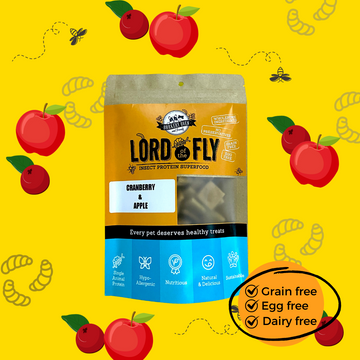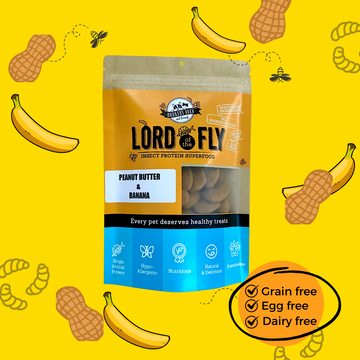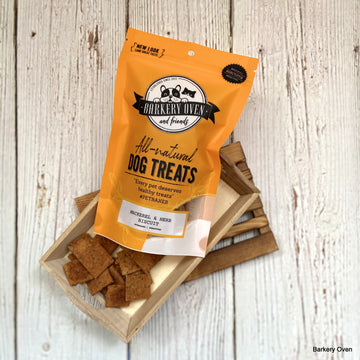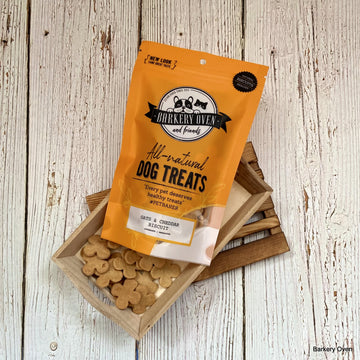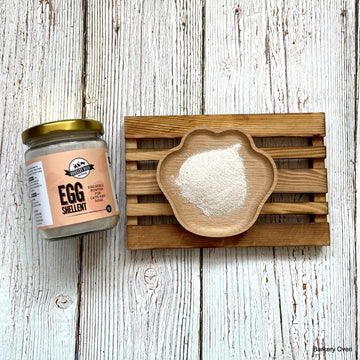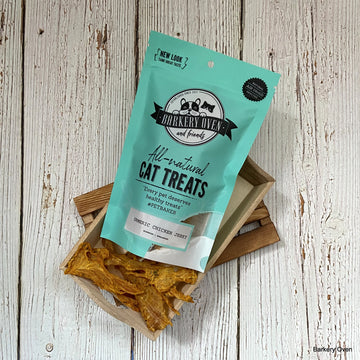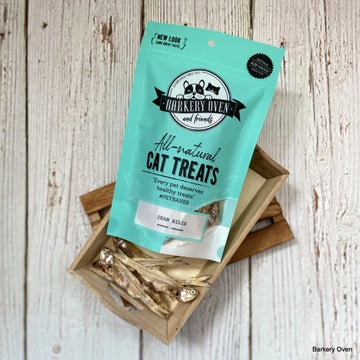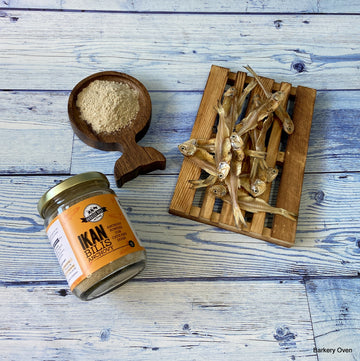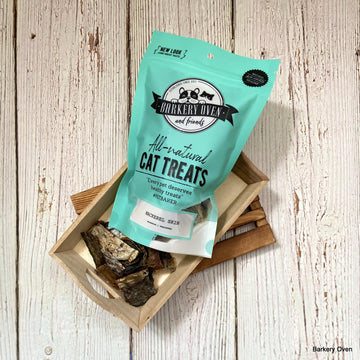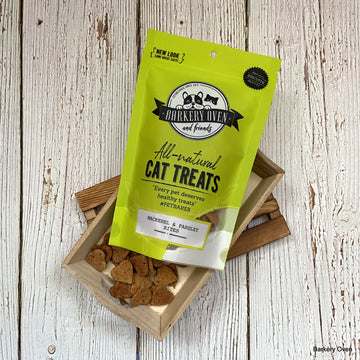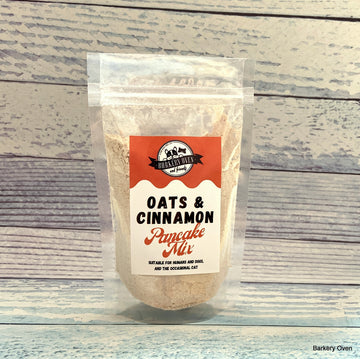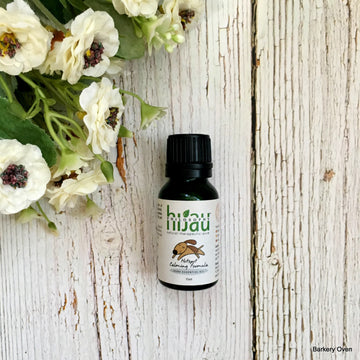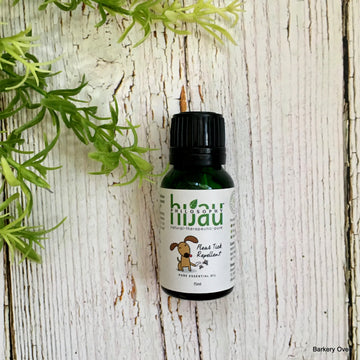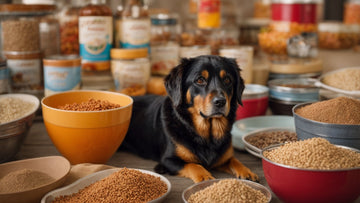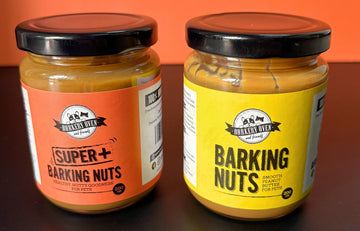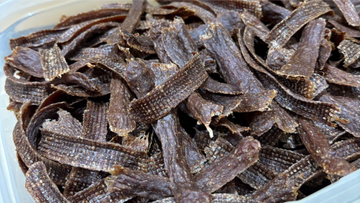Senior Dog Food: Nutrition for Your Aging Canine Companion
As our beloved canine companions age, their nutritional needs change. Just like humans, senior dogs require a diet specifically tailored to support their aging bodies. This means switching from puppy or adult dog food to senior dog food formulated with key ingredients and nutrients that address the unique challenges of aging.
This comprehensive guide will explore the importance of senior dog food, delve into essential nutrients, and provide tips for choosing the best diet for your aging furry friend.
Why Senior Dog Food Matters
Senior dogs often experience a decline in various bodily functions, including:
- Digestive Health: Slower metabolism and reduced digestive enzyme production can lead to difficulty processing food.
- Joint Health: Cartilage and joint health deteriorate, potentially leading to stiffness and pain.
- Immune System: The immune system weakens, making senior dogs more susceptible to illness.
- Kidney Function: Kidney function may decline, necessitating a reduced protein intake.
- Cognitive Function: Cognitive decline can occur, affecting mental sharpness and alertness.
Senior dog food is designed to address these specific challenges, providing the nutrients necessary for optimal health and well-being in their golden years.
Key Nutrients for Senior Dogs
A well-formulated senior dog food will include:
| 🦴 Key Nutrients | 📋 Details | 🐾 Examples |
|---|---|---|
| High-Quality Protein | Essential for maintaining muscle mass and supporting a healthy immune system. Look for lean proteins like chicken, turkey, or fish. | Lean meats like chicken, turkey, salmon, and eggs. |
| Glucosamine and Chondroitin | These joint-supporting compounds help maintain cartilage health and reduce inflammation. | Chicken feet, beef trachea, green-lipped mussels, and bone broth. |
| Omega-3 Fatty Acids | Essential for brain and cognitive function, as well as promoting healthy skin and coat. | Salmon, sardines, flaxseeds, and chia seeds. |
| Antioxidants | Support the immune system and protect cells from damage caused by free radicals. | Blueberries, spinach, pumpkin, and sweet potatoes. |
| Fiber | Promotes healthy digestion and helps regulate blood sugar levels. | Pumpkin, carrots, apples (without seeds), and oats. |
| Reduced Fat | Helps maintain a healthy weight and reduce the risk of obesity-related health problems. | Lean meats (chicken breast, turkey), low-fat cottage cheese, and plain yogurt. |
| Controlled Phosphorus and Sodium | May be necessary for dogs with kidney issues. | Egg whites (low in phosphorus), white rice, and fresh green beans. |
Choosing the Right Senior Dog Food
When selecting senior dog food, consider the following factors:
| 🦴 Factors | 📋 Details | 🦴 Examples |
|---|---|---|
| Age and Breed | Different breeds and life stages have unique nutritional needs. | Large breeds need joint support (glucosamine from green-lipped mussels), small breeds need smaller kibble, puppies need high protein, seniors require lower phosphorus. |
| Health Conditions | Choose food formulated for specific health concerns. | Kidney disease: low-phosphorus foods (egg whites). Diabetes: low-glycemic ingredients (lentils, chickpeas). Joint issues: glucosamine-rich food (chicken feet, bone broth). |
| Ingredient Quality | Opt for high-quality, digestible ingredients; avoid fillers and artificial additives. | Real meat (chicken, beef, fish) instead of by-products, natural fiber sources (pumpkin) instead of corn fillers. |
| Your Dog’s Preferences | Consider taste preferences and potential food sensitivities. | Fish-based diets for fish lovers, chicken or lamb for variety, grain-free options (sweet potatoes, peas) for dogs with grain sensitivities. |
| Feeding Guide | Follow packaging guidelines and adjust based on activity level. | Active dogs may need higher calorie intake, while less active or senior dogs require controlled portions. |
It's important to consult with your veterinarian to determine the best senior dog food for your furry friend. They can provide personalized recommendations based on your dog's individual needs.
Transitioning to Senior Dog Food
Don't switch your dog to senior food abruptly. Instead, gradually transition over a period of 7-10 days by mixing increasing amounts of the new food with their current food. This will help prevent digestive upset.
Maintaining a Healthy Senior Dog
In addition to a balanced diet, other factors contribute to a senior dog's well-being:
- Regular Exercise: While intensity should be adjusted, exercise remains important for maintaining muscle mass and joint health.
- Regular Vet Check-Ups: Annual check-ups are crucial for monitoring your dog's health and catching any potential issues early.
- Dental Care: Dental health is vital for overall health, so ensure your dog receives regular dental cleanings.
- Love and Companionship: Provide your senior dog with plenty of love, attention, and a comfortable, safe environment.
By providing your senior dog with the best nutrition, you can help them live a longer, healthier, and happier life. Remember that every dog is different, so individual needs may vary. Always consult with your veterinarian for personalized advice on your dog's diet and overall health.
